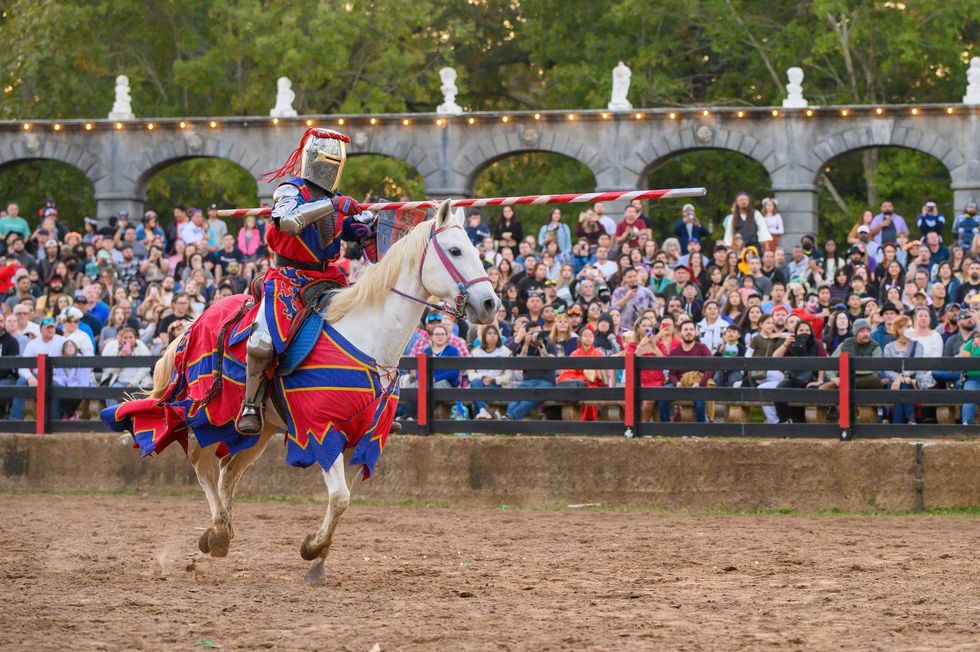At the Art House
The gangster movie that the World Cup rescued from obscurity: Jerusalema
I’m guessing that we have the World Cup to thank for the arrival of Gangster’s Paradise: Jerusalema at the Angelika.
The film is from South Africa, and the Jerusalem of the title refers (very ironically) to the crime-infested neighborhoods of Johannesburg. The film apparently only had a limited release in South Africa in 2008, then references to it disappear from the Internet until the first day of the World Cup, when opened in New York, Los Angeles, and … Houston.
Weird. I hadn't been able to find a single review online until Friday — the day of the re-release.
But how’s the movie, you ask? It’s actually quite good, maybe even important.
Its hero, Lucky Kunene (Rapulana Seiphemo), is one of the most memorable and affecting movie gangsters I’ve seen in some time. He’s apparently based on a real-life Johannesburg crime lord. His story has the heft and detail of reality, and Seiphemo is very charismatic. He’s violent, but he has vision, and I found myself rooting for him almost without reservation.
The film starts with young Lucky and his friend Zakes in the early days of their criminal career. Lucky had wanted to be a university student, but Zakes convinced him that, in post-apartheid South Africa, school was for suckers. Get a pistol in your hand and you can start making money right away. The film is actually pretty humorous as they begin a carjacking career, which is limited at first because neither one knows how to drive.
The film deepens after the young men flee the countryside where they grew up, with the police on their trail, and take refuge in the no-man’s land of Johannesburg. At this point the adult actors take over and the characters deepen. Lucky comes up with a brilliant way to make a lot of money, and, not entirely coincidentally, help his impoverished neighbors.
He and his henchmen take over apartment buildings that are neglected by their slumlords. They kick out the drug dealers and the hookers, clean the building up, and then collect the rent for themselves, shutting out the slumlords. If the slumlords don’t like it, they can begin legal proceedings in South Africa’s very creaky justice system.
Seiphemo and writer/director Ralph Ziman balance Lucky right on the razor’s edge of right and wrong. To make him a simple Robin Hood would be sentimental, and Ziman appears to want to show South Africa in all its injustice and terror. But despite being a very hard man, Lucky’s far from the worst.
Thanks to the intelligence of the script and Seiphemo’s performance, it’s believable when the daughter of a prominent, suburban Jewish family falls for Lucky, and dreams of making her own post-apartheid life with him. The sight of a yarmulke-wearing Lucky seated at her family’s Seder was good for a belly laugh, but the scene also revealed the depth and complexity of his character.
When his girlfriend’s mother asks him what he does for a living, Lucky answers, “I’m a gangster,” with a truly penetrating wit. He laughs his answer off as a joke, but now we’ve seen him as both a gangster and as good dinner-party company, and both roles seem equally real.
Himan perhaps tries to force too much significance onto Lucky’s character by the film’s end, but that doesn’t take away from his accomplishment. He’s made a terrific, eye-opening film that is far superior to the mediocre Tsotsi, which won the Oscar for Best Foreign Film in 2006.
I hope that Jerusalema finds a Houston audience.



